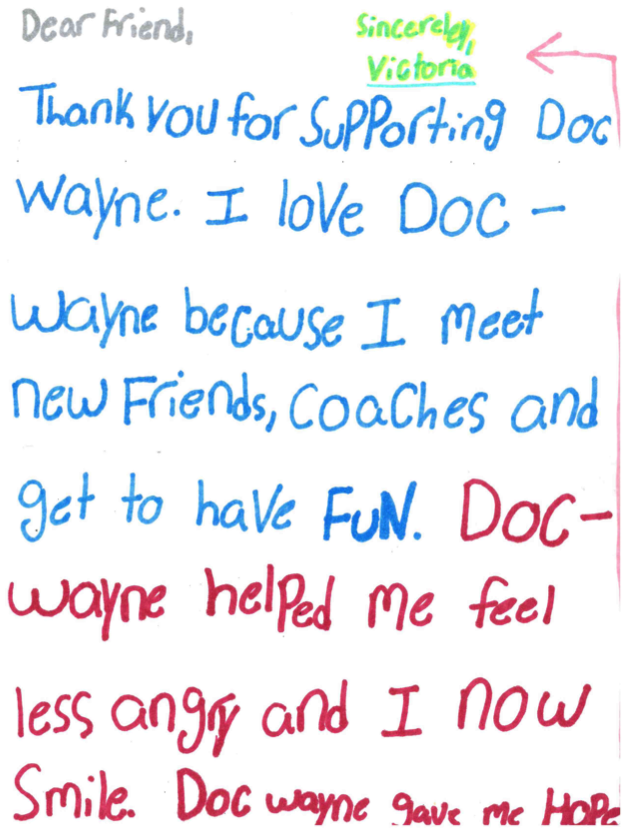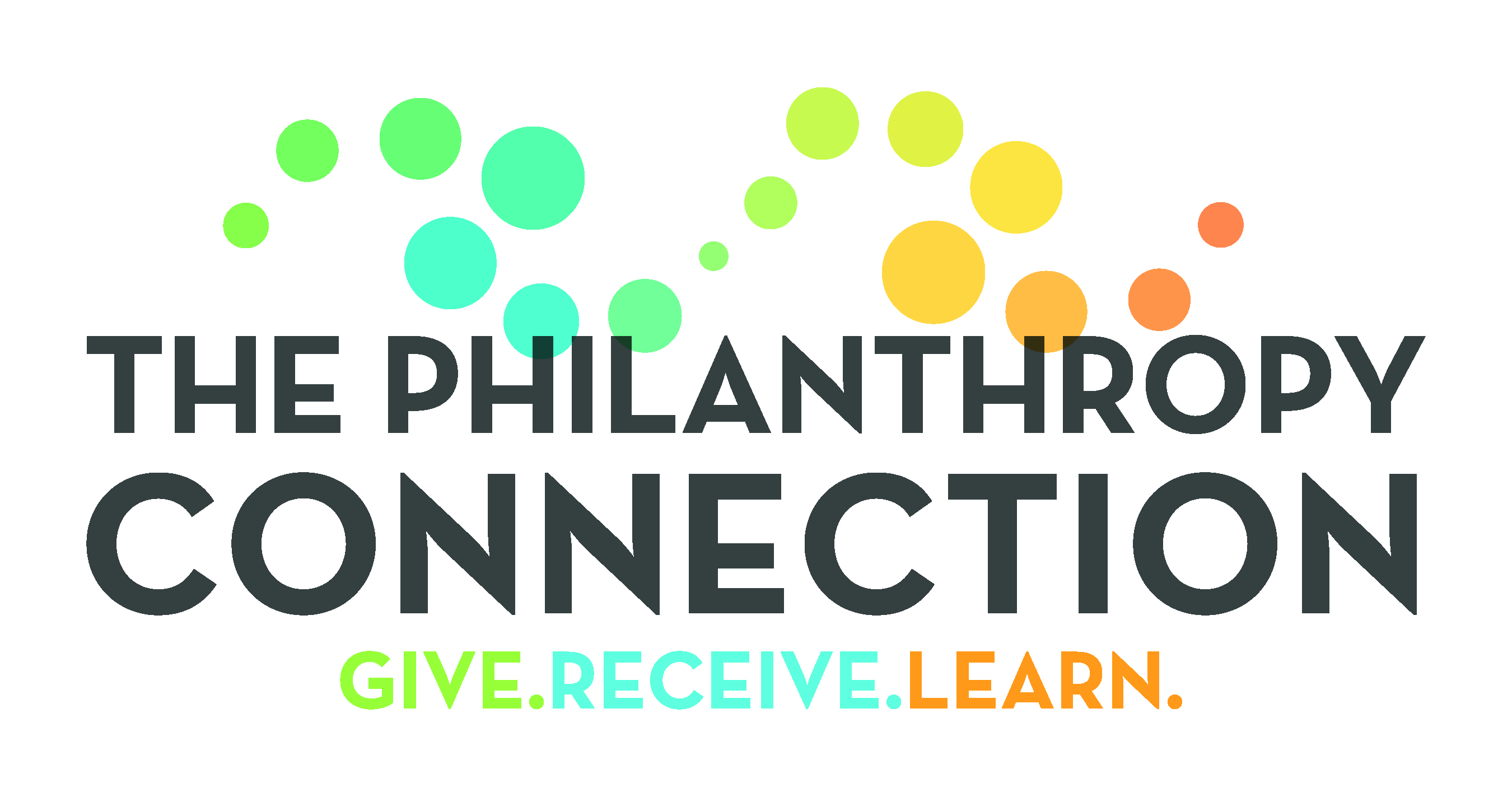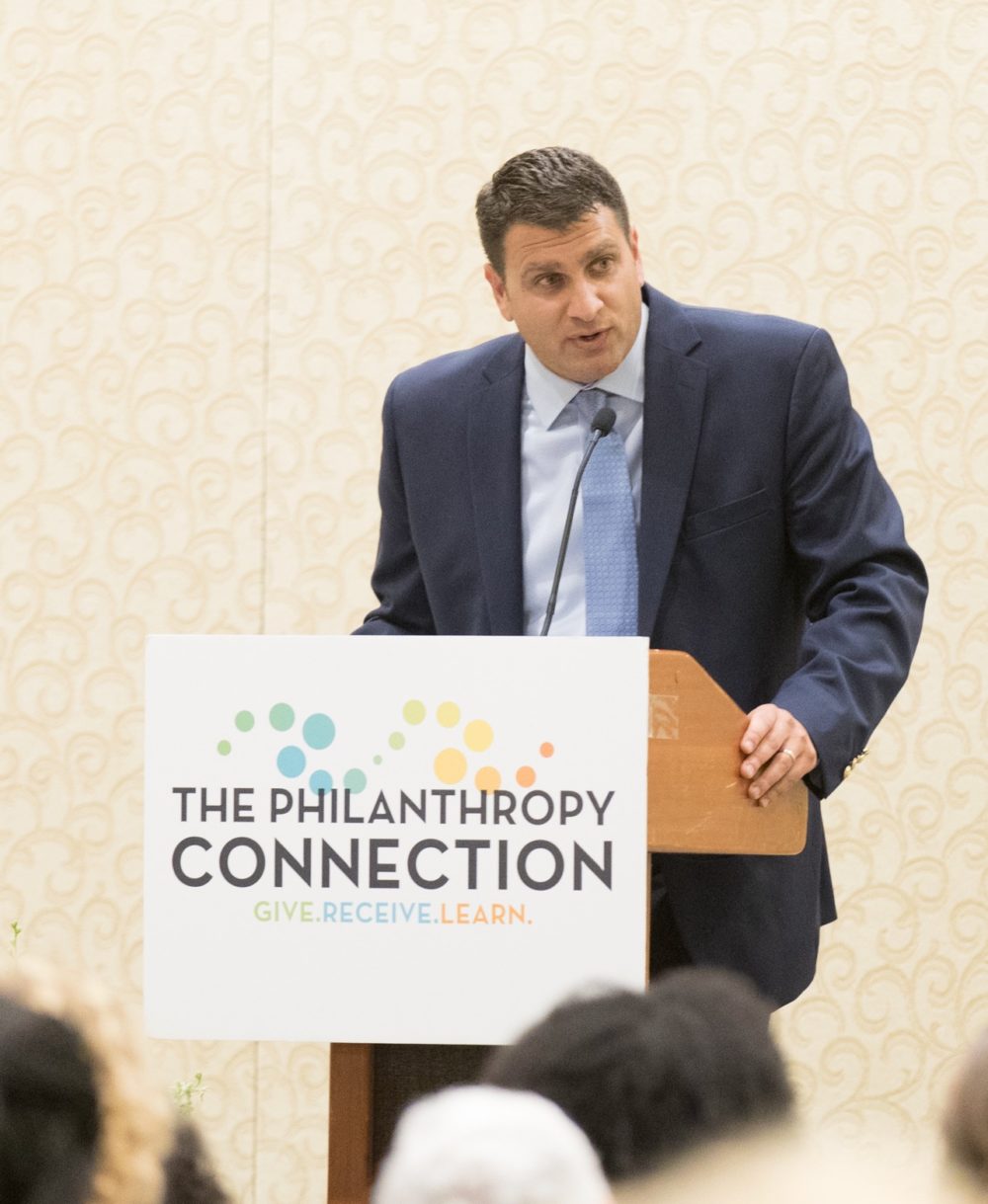The Interview with David Cohen
David Cohen, CEO of Doc Wayne Youth Services, chatted with TPC Liaison Judith Ferretti recently. We’re delighted to share some of the nuggets of that conversation with you. Doc Wayne’s mission is to fuse sport and therapy to heal and strengthen at-risk youth. They do so by providing sports-based group therapy to over 300 students a week in Greater Boston Public Schools and other community sites. Using youth-friendly slogan-aided language, and a behavioral and skills-development focus, Doc Wayne delivers the curriculum on fields and courts through a trained coaching staff to students who have or are at high risk of developing social, emotional, or behavioral challenges that can adversely affect their development.
David, how did you become involved with Doc Wayne?
In 2011 I met Susan Wayne, the Founder of Doc Wayne. I saw an opportunity to build upon her initial work with at-risk youth and to have a significant, positive impact on youth in the region. My experience had been in the profit-making sector, but I saw the possibilities and the connection with my skill set, along with my passion for sport.
Tell us a little bit about the community you serve.
We work primarily with students ages 5-18 who struggle with mental health and social emotional learning (SEL) challenges. We currently are working with 300 students per week who come from towns all around the Boston area – Dorchester, Allston, Brighton, Mission Hill, Charlestown, South Boston, Jamaica Plain, Roxbury, and Mattapan to name a few. Youth who fail to progress in traditional “talk therapy” settings thrive in Doc Wayne programs because the programs appeal to young people as fun and challenging sports activities.
How does that work? How do you fuse sport with therapy?
Through our sports-based group therapy program, Chalk Talk®, we are able to engage students who otherwise may not have access to culturally competent mental health and social emotional learning services. While playing sports, youth practice pro-social behaviors such as positive decision-making, communication skills, and impulse control. These life skills increase behavioral and emotional health and enable youth to succeed at school, at home, and in their communities. Students in need of ongoing support may participate in multiple groups during the year. Chalk Talk® meets that need by delivering a highly engaging and effective program where these young people live.
How has Doc Wayne changed over the years?
Doc Wayne was founded in 2002 as a program of Justice Resource Institute by Susan Wayne in memory of her brother, Eli (Doc) Wayne. In 2011, we became an independent 501(c)(3) non-profit organization, and I joined as the first Executive Director. We have come a long way since then and are now a mobile outpatient mental health clinical service that uses sport as the vehicle to connect with youth, especially students within the public schools. We’ve grown as an organization and my passion for serving at-risk students is shared by the staff and interns. I am energized daily by their enthusiasm, their compassion, and their commitment to the students they serve. We couldn’t be more proud to have won the inaugural Robert Wood Johnson Foundation Sports Award in 2015, which recognizes non-profits dedicated to creating a culture of health in their communities. In 2016, we also received international recognition and received the Beyond Sport 2016 Sport for Health Award.
 What’s on the horizon for Doc Wayne?
What’s on the horizon for Doc Wayne?
We have recently completed a strategic planning process, funded by Jane’s Trust. This has allowed us to sharpen our goals and strategies, including a stronger focus on delivering Chalk Talk® in public school systems as part of their SEL initiatives.
We aim to find ways to continue to grow within public schools, built into the school days, supporting the behavioral and emotional needs of students. We hope to deepen our collaborative partnerships, while developing new relationships, especially during the summer months, so we can be in a position to reach more youth in need. There is significant need in our region and beyond, and though we currently see approximately 300 students per week, by 2022 we aim to be working with 1,000 students per week.
How has TPC’s grant helped to carry your mission forward? What else can we do?
The TPC grant is enabling more students to participate in our Chalk Talk® Group Therapy program. However, there is an incredible need for services, and we are just scratching the surface, as we have a long wait list of over 10 different locations asking for our program. We’re working to meet those needs while being careful not to spread ourselves too thin, as we still have a small team of 12 full-time employees.
We would welcome pro bono assistance with the writing of collateral materials and graphic design, and we are looking for new board and committee members who are looking to further our mission. Lastly, I am eager to meet the members of TPC and to share the story of Doc Wayne. I’ll leave you with a letter I received from Victoria, one of our youth that tells just a little bit of that story.

